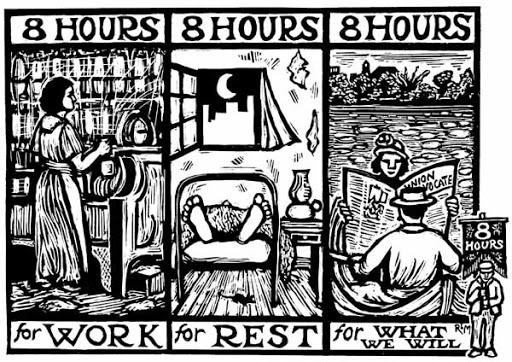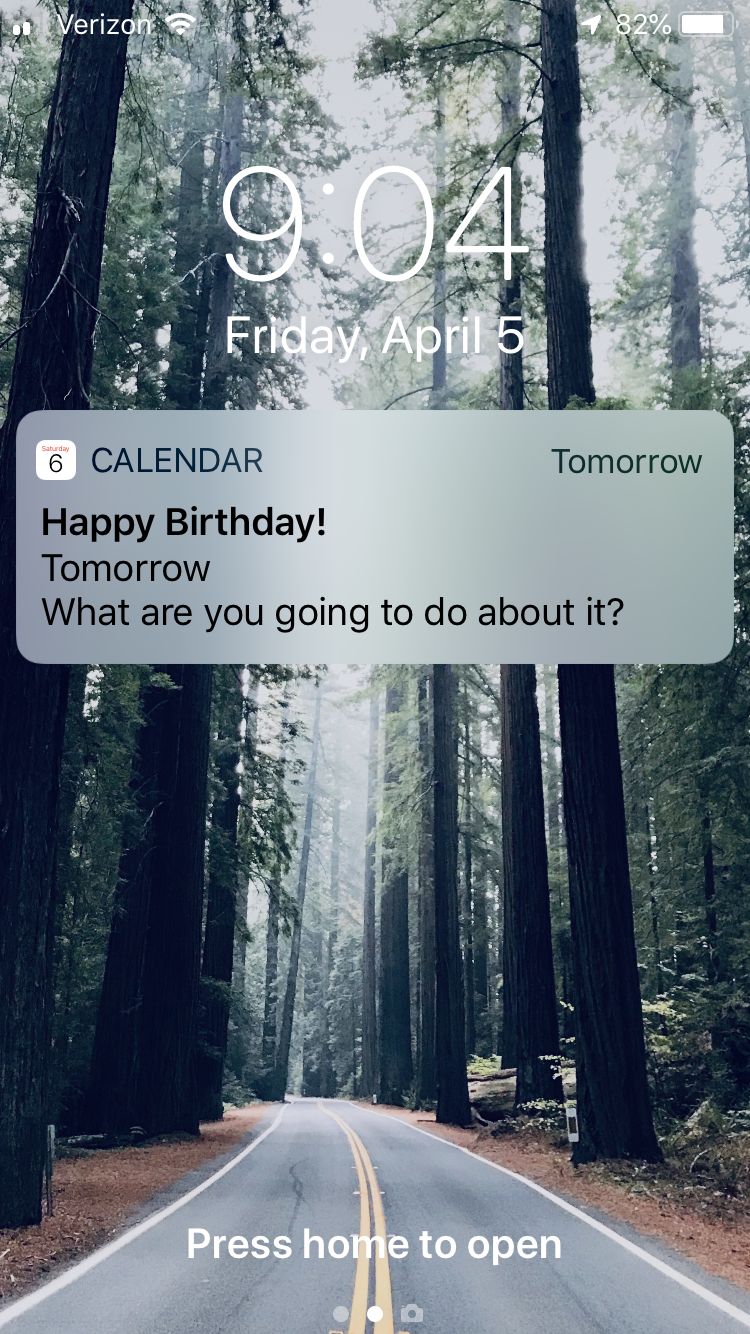
I came across an article the other day called “The 12 Leadership Books Every Boss Should Read”. It left me frustrated. It’s a tired list. Predictable. Safe. On the whole, it is out of touch with where we are and where we need our leaders to lead us. Yes, “The Art of War” and “The One Minute Manager” are great works but I would never make them the foundation of a leadership education. Not today.
It’s time to get off of the battlefield and beyond any cliché that only serves to keep our thinking stuck in time rather than push and pull it forward into the very messy present. It’s time, needless to say, for a better list!
Maybe it’s silly to get so righteous and riled-up about some dumb list of books. There is so much pain and uncertainty roiling our lives. So many paroxysms of verbal and physical violence. So many other areas worthy of our attention.
And yet, every new spasm of unrest – every act of hate – is a reminder that our words, our teaching and our learning matter more than ever. We must rise above the limitations of old thinking and find alternatives that help us explore the bigger – more essential, more foundational – themes that might just save us from ourselves.
As I see it, some of those themes are love, connection, discovery, creativity, vulnerability, courage, trust, transparency, possibility, exploration, wonder, curiosity, humility, resilience and integration.
I don’t have a “list of books every boss should read.” Instead, I have gathered a small collection of resources that have helped me navigate the changes in my life – my efforts to become a better human being and by extension a better leader. I hope something here will be helpful to you, and that you will consider sharing a collection of your own.
The Heart Aroused: Poetry and the Preservation of the Soul in Corporate America – David Whyte
I read this book 10 years ago and was astonished. It was an experience of being taught something I already knew but had no idea how to express. It gave me the ability to articulate a point of view that continues to evolve as the foundation for all of my work: “there is no organization large enough for even one human soul.”
The Journey – Mary Oliver
This poem changed me. With qualities of empathy and determination, Oliver paints a picture of possibility that helped me take my own necessary steps. If you follow your heart’s desire the path will not be easy, which is precisely how you know you are on the right path.
Kenyon College Commencement Address – David Foster Wallace
What if we stopped and considered that the person in front of us right now just might have greater needs, greater pain and greater fear than we do? I fail at this all the time. But then I remember David Foster Wallace’s comment that is “unimaginably hard to do this” and I take it easy on myself and start again.
The Transformative Power of Classical Music (TED talk) – Ben Zander
If only for the last 5 minutes, please watch this. If we would all practice “Rule #6” and repeatedly ask ourselves, “Who am I being?” our families, organizations and communities would be strengthened and solidified, transformed to meet the persistent realities of change.
When Does Education Stop? – James Michener
For anyone who has struggled to “figure it out,” this reflection is a must. Michener is a hard-nosed realist with a wake-up call for all of us. Get moving. Do the work. Learn all you can. And, make the sacrifice to accomplish what only you can do.
Divided Brain, Divided World – Jonathan Rowson & Iain McGilchrist
This article stands well on its own and also serves as an excellent introduction to the book The Master and His Emissary by Iain McGilchrist. The power of the author’s insight about our overwhelming reliance on the left-brain in a world so desperate for right brain thinking is, well, overwhelming. If who enjoyed Daniel Pink’s A Whole New Mind, this is a deeper dive into those waters.
Putting Leaders On the Couch (HBR Interview, 2004) – Manfred Kets de Vries
Manfred Kets de Vries is writer and practitioner of exceptional range and impact. His work on narcissism in leadership, touched on in this article, is essential for anyone working with or around senior executives. Until leaders develop the courage to look more deeply at themselves and until we both expect and help them to do so, we’re going to struggle mightily to thrive in the face of change.
So Far From Home – Margaret Wheatley
“We can’t be creative or discover new capacities unless we are in a relationship with something outside our self – another person, an idea, a place or situation. We are not self-made individuals. We are creations of entanglement, becoming and changing through relationships.” – Meg Wheatley, “So Far From Home”
Maslow on Management – Abraham Maslow
I think of Maslow as the father of “engagement” which probably is a deep disservice to him but an easy way to capture what is fundamental in his teaching. When people have the opportunity to contribute to something larger than themselves, to pursue meaning every day, they will rise to the occasion. We want to matter and for our work to matter. Great leaders work tirelessly to make that happen.
The War of Art – Steven Pressfield
This book is a myth-buster. It’s a little embarrassing to say it but I was one of those people who thought that creativity comes like a “bolt from the blue” when the conditions are “just right” rather than through the consistent discipline of showing up at the desk every day. It’s not easy or comfortable to accept that truth but it is the truth, just the same. Pressfield helped me learn how to do the work required to turn ideas into outcomes.
Man’s Search for Meaning – Viktor Frankl
Out of terrible darkness Frankl emerged as a light, discovering and articulating this essential truth: “Everything can be taken from a man but one thing: the last of the human freedoms—to choose one’s attitude in any given set of circumstances, to choose one’s own way.” And then challenging us to practice it in our own lives.
DAVID BERRY is the author of “A More Daring Life: Finding Voice at the Crossroads of Change” and the founder of RULE13 Learning. He speaks and writes about the complexity of leading in a changing world, especially the parts where he doesn’t handle it very well.



